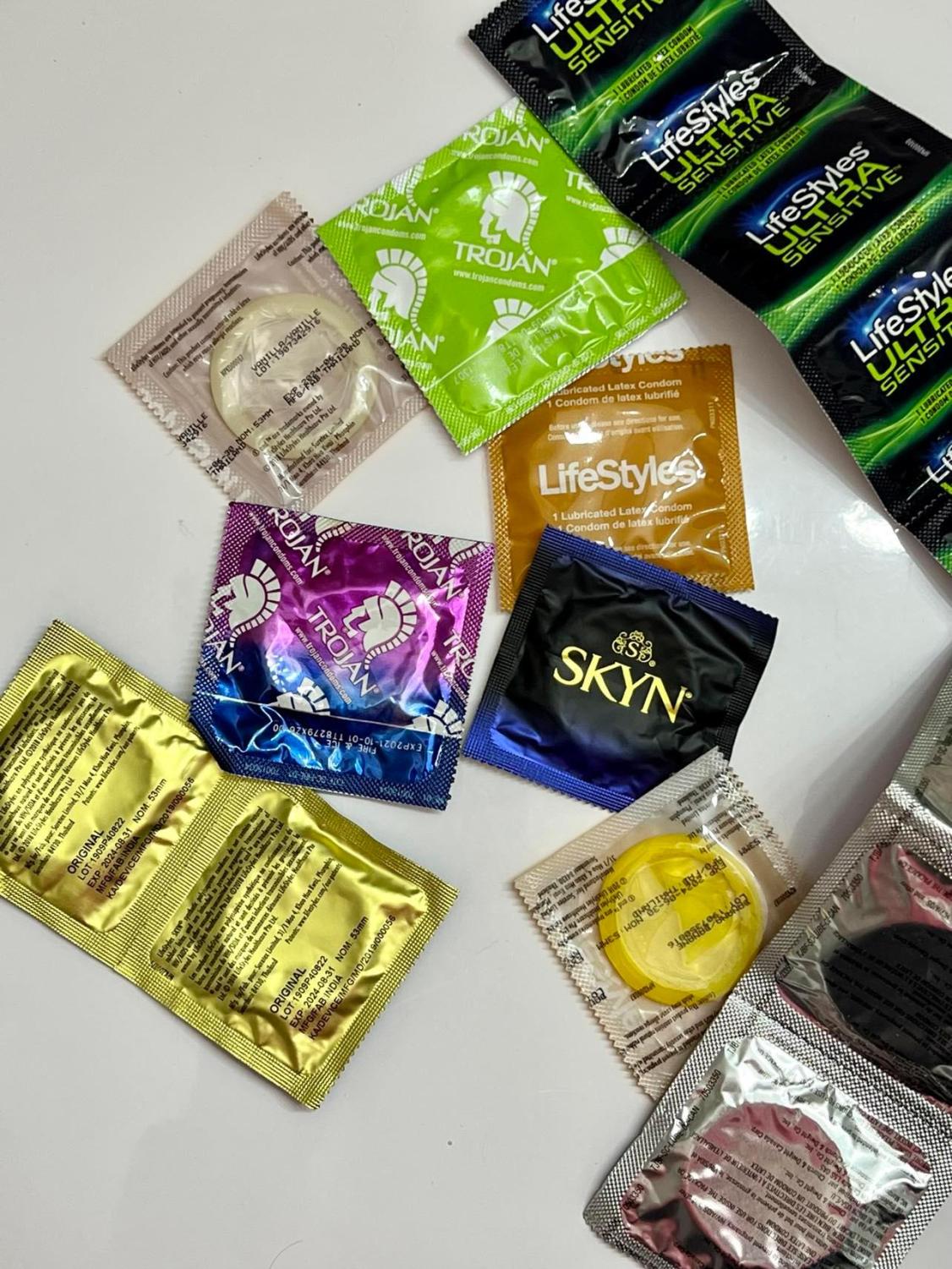STIs: Not the Newest Model of Subaru
May 1, 2022
Don’t be a fool, protect your tool is a common saying when learning about sexual health. The phrase applies to two different areas of sexual health. Sexually transmitted infections (STIs) and pregnancy are common concerns when discussing sexual intercourse.
STIs can be unexpectedly set upon you, which could lead to lifestyle and habit changes. To prevent STIs, it is important to be aware of the causative factors, signs of infection, the best ways to protect yourself and your partner, treatment, and the testing facilities in your area.
According to the Center for Disease Control (CDC), in 2018, 1 in 5 people in the US have an STI. In 2018, 26 million new STIs were documented; almost half were among youths aged 14 – 24. STIs are an infection or disease that is passed from 1 person to another through sexual contact.
Any sexually active person can get an STI. STIs include chlamydia, gonorrhea, genital herpes, human papillomavirus (HPV), syphilis, trichomoniasis, and HIV.
The best way to prevent an STI is through abstinence, known as not having sex (oral, vaginal, or anal). Other ways to prevent STIs are reducing your number of sex partners, using condoms and other safe sex practices, vaccinations, and having an open and honest discussion about being sexually active with your partner. Vaccinations are a safe, effective way to prevent hepatitis B and HPV.
HPV vaccination is recommended for women and men between the age of 11 through 26. The HPV vaccine helps prevent cervical cancer in women and genital warts, and certain cancers in men.
Some STIs are curable, like chlamydia and gonorrhea. Other STIs like herpes and HIV cannot be cured, but symptoms can be managed. The movie Hangover said it best, “What happens in Vegas, stays in Vegas… except herpes that [will] come back with you.”
Many STIs do not show signs of infection, but they can still be harmful and passed during sex. Macon
County in 2015 had a higher prevalence of chlamydia and gonorrhea than other counties in IL. Gonorrhea can grow in your mouth, throat, eyes, and anus. Since you may not see any signs of infection, the only way to truly know if you have an STI is through testing.
According to Mayo Clinic, signs of an STI for men present as burning pain during urination, discharge (cloudy, thick, or bloody) from the penis, testicular pain or swelling, itching or irritation, bumps or blisters, and warts.
Signs of an STI in women present as unusual discharge (thick, cloudy, bloody, clear, white, greenish, or yellow) from the vagina, pain during intercourse, bleeding between periods, itching or irritation, strong odor, bumps, or sores. HIV symptoms can be similar to flu-like symptoms (fever, headache, sore throat, fatigue, diarrhea, rash).
Some curable STIs can cause your body harm if left untreated. For example, chlamydia and gonorrhea, if left untreated, can make it difficult for women to become pregnant. Girls and young women may need to take additional needs to protect their reproductive health.
If you test positive and are being treated for STIs, make sure to take the entire duration of the medication, and avoid having sex, usually about seven days or until symptoms are clear. It would also be beneficial to talk with your partner about testing and treatment, so you do not pass an STI back and forth.
Testing and treatment will be kept confidential between you and your healthcare providers. STIs can impact pregnancy, so it is important for your health and your baby’s health to get tested. It is recommended that women 25 or younger with new or multiple partners get STI testing every year.
Decatur has two centers in the area, Macon County Health Department and Planned Parenthood of Illinois Decatur Health Center, providing testing for free or low cost. Other options include the Millikin University student health center or get in contact with your primary care provider or women’s health provider.
There are also mail-in services if you are unable to make it to a location in person. Many hospitals will have access to testing and planned parenthood as well. Planned Parenthood also offers pregnancy services and support.
Available options include pregnancy testing, emergency contraception, also known as the “morning after pill” or plan B, information regarding your pregnancy options, and birth control if needed. Plan B is available over the counter and should be taken within 72 hours of unprotected intercourse or contraceptive failure.
If you suspect that you have these or other STIs or that you may have been exposed to one, see a doctor for testing. Timely diagnosis and treatment are important to avoid or delay more severe, potentially life-threatening health problems and avoid infecting others. You do not have to deal with it alone.
